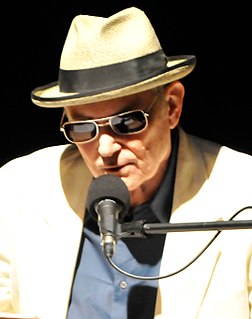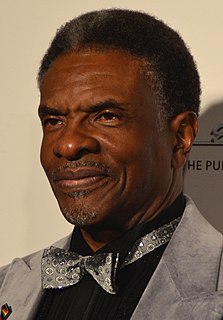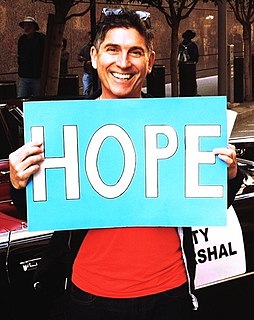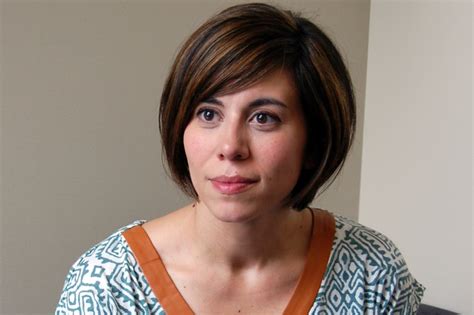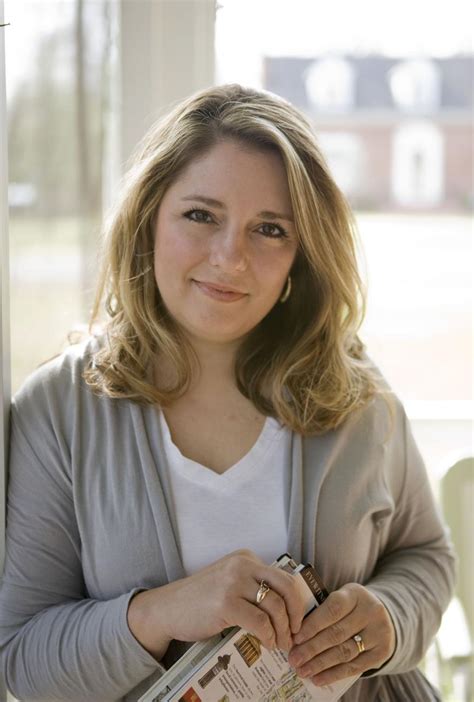A Quote by John Malkovich
All you have is the writer's imagination. You have a very limited time to take this imaginary person and bring the details of their life, as you perceive them, to life. You attempt to do to that as fully and as vibrantly as you can. It's depressing to read how much you've failed. And it's not even particularly instructive or necessary to read how you succeeded because in the end don't you have to judge that?
Related Quotes
We're losing social skills, the human interaction skills, how to read a person's mood, to read their body language, how to be patient until the moment is right to make or press a point. Too much exclusive use of electronic information dehumanises what is a very, very important part of community life and living together.
It's not possible to advise a young writer because every young writer is so different. You might say, "Read," but a writer can read too much and be paralyzed. Or, "Don't read, don't think, just write," and the result could be a mountain of drivel. If you're going to be a writer you'll probably take a lot of wrong turns and then one day just end up writing something you have to write, then getting it better and better just because you want it to be better, and even when you get old and think, "There must be something else people do," you won't be able to quit.
I never need to find time to read. When people say to me, ‘Oh, yeah, I love reading. I would love to read, but I just don’t have time,’ I’m thinking, ‘How can you not have time?’ I read when I’m drying my hair. I read in the bath. I read when I’m sitting in the bathroom. Pretty much anywhere I can do the job one-handed, I read.
I didn't want to teach my kid how to read, so I used to read to him at night and close the book at the most interesting part. He said, “What happened then, daddy?” I said, “If you learn to read, you can find out. I'm too tired to read. I'll read to you tomorrow.” So, he had a need to want to learn how to read. Don't teach children how to read. Don't teach them mathematics. Give them a reason to want it. In school, they're working ass-backwards.
Writers are great lovers. They fall in love with other writers. That's how they learn to write. They take on a writer, read everything by him or her, read it over again until they understand how the writer moves, pauses, and sees. That's what being a lover is: stepping out of yourself, stepping into someone else's skin.
When I went to the University of Iowa in order to be a writer, I thought, This is the worst way to learn how to write. To sit in a room with a bunch of would-be writers, who want to write the Great American Novel, every one of them, and you read their stories and they read yours, and you're not living a life. I don't like that. I like learning on the job. The character of my work has definitely evolved from the character of my life.
This is how it works. I love the people in my life, and I do for my friends whatever they need me to do for them, again and again, as many times as is necessary. For example, in your case you always forgot who you are and how much you're loved. So what I do for you as your friend is remind you who you are and tell you how much I love you. And this isn't any kind of burden for me, because I love who you are very much. Every time I remind you, I get to remember with you, which is my pleasure.
I would not want to forget the first time I read The Lord of the Rings. I would never want to forget that! That was so magical to me, and that was a real eye-opening experience. I was probably 11 when I read that and already a reader, but I think that book really showed me how you can be transported and how your imagination can take you to a whole other place.











